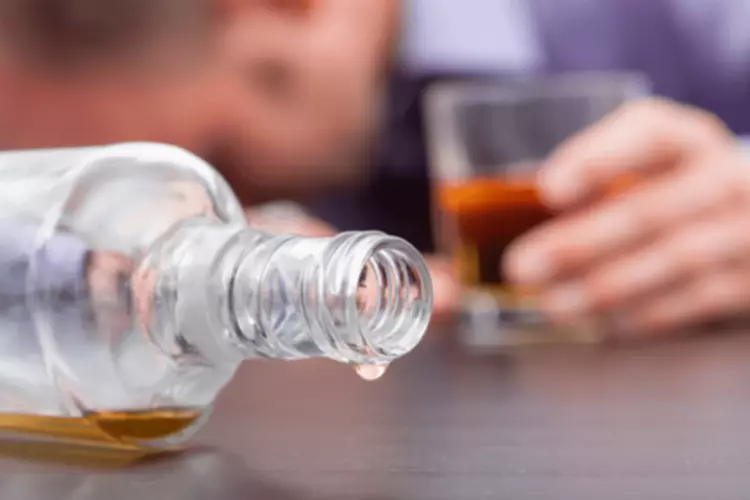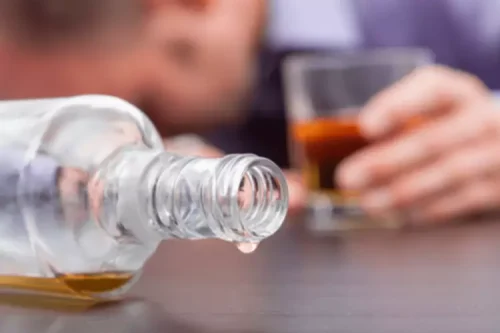
The WHO calls alcoholism “a term of long-standing use and variable meaning”, and use of the term was disfavored by a 1979 WHO expert committee. Sobriety is often a lifelong commitment that requires dedication, support, and continuous effort. While the path to sobriety can be challenging, it is also incredibly rewarding.
Sobriety

The American Society of Addiction Medicine (ASAM) states that remission from addiction where an individual is not at a greater risk of developing an addiction than a normal person takes 5 years to achieve. The complexities of sobriety involve not just physical well-being but also psychological and social aspects that contribute to a holistic approach to recovery. Abstinence, on the other hand, serves as a foundational step in the journey to sobriety but lacks the comprehensive nature of the latter. Most people suffering from Alcohol Use Disorder (AUD) are likely to have been a high-functioning alcoholic at one point. “High-functioning” meaning no discernible or public consequences have occurred (yet). This means they’re able to hold a job, maintain relationships, and continue their drinking patterns.
- The American Society of Addiction Medicine (ASAM) states that remission from addiction where an individual is not at a greater risk of developing an addiction than a normal person takes 5 years to achieve.
- They are only considered dry drunks if they don’t try to commit to rehab, therapy or self-help programs.
- However, recovery programs can provide valuable structure, support, and resources that many find essential in maintaining long-term sobriety.
- People who experience withdrawal symptoms when they stop drinking should seek medical assistance to help them quit.
Problem Drinking
More importantly, drinking in moderation just doesn’t come naturally for everyone. If you slip into heavy or binge https://ecosoberhouse.com/ drinking, potential health benefits can quickly become outnumbered by averse affects. Those in recovery who haven’t addressed those root issues are often described as “dry drunk,” a term coined by AA. Sobering up means you’re in the process of becoming less intoxicated after drinking enough alcohol to get drunk. There really isn’t any way to speed up the process, despite what you may have heard about greasy burgers.
How Do Relapse Prevention Strategies Differ Between Sobriety and Abstinence?
Talking to a qualified therapist can help you get to the root of your condition and devise a means to kick it. While the condition might not develop for several years in some people, it might take only a few months for others. People in the latter category are often genetically predisposed to alcohol use disorder. “The Diagnostic and Statistical Manual of Mental Disorders” provides diagnostic criteria for identifying alcohol use disorder.

Sober stresses seriousness of purpose and absence of levity or frivolity. Think about how you will navigate situations where you might feel pressured to drink. You might be prescribed medication to help with your condition in severe cases. Cognitive-behavioral therapy (CBT), which equips you with the tools to turn negative habits into positive ones, is often used. Here, we’ll discuss what sober actually means and how to achieve it. Sobriety is often understood as the state of not being intoxicated, but its definition can vary significantly from person to person.

Casual Drinking, Problem Drinking & Alcoholism

You also have to explore, deeply and honestly, patterns and behaviors in your life that contribute to your alcohol use. Other complex factors may also play a role, including underlying mental health issues or a lack of social support. When you choose to stop drinking, you’re taking a significant first step. In most cases, though, getting sober is a lot more complex than simply giving up alcohol. For many people with a substance use disorder, it’s simply a matter of never having learned the appropriate way to manage anger. Talk to your therapist, other healthcare provider, or sponsor about how to deal with your anger in ways that won’t cause you to harm yourself or others or turn to alcohol or drugs.

Instead, focus on taking small steps to build some of them into your routine. Symptoms can also seem to resemble a late withdrawal, as some treatment professionals have pointed out. If any area of your life is out of control, it will not help you maintain lasting sobriety. Once you do return to work, it’s important to create a budget and take steps to safeguard yourself as work stress can be a relapse trigger. The symptoms involved in PAWS can be a barrier to recovery if you’re not careful. In addition to being able to recognize them, it’s important to know when to seek help.
- More recently, Richard-Craven, 29, said she has resumed using marijuana but with greater restraint, typically smoking no more than half a joint at the end of the workday and the rest before bedtime.
- Relapse (using substances again after stopping) can and does happen, with 85% of people experiencing relapse at least once and half of them doing so within the first two weeks of sobriety.
- Cutting habits out can be difficult, especially alcohol, since it’s such a social substance.
- If you are interested in learning more about what it means to be sober curious, check out Ruby Warrington’s book or her accompanying podcast.
- The easiest way to overcome dry drunk syndrome is to commit to a program of recovery.
- (You shouldn’t be drinking anything that resembles alcohol if you’re an alcoholic, even if it’s alcohol-free.) They can be a positive addition to a sober curious lifestyle, though.
Defining Sobriety: What Does It Mean To Be Sober?
It might also mean limiting yourself to a single drink once each week when you are out with friends sober alcoholic meaning or replacing your usual cocktail with a non-alcohol option. Consuming large amounts of alcohol over a long period is most likely to result in alcohol use disorder. However, the time it takes for the condition to develop is highly individual. “Sober curious” is a recent term used to describe a group of people curious about drinking less alcohol but not yet committed to abstinence, or only practicing sobriety for a short period of time. Some experts suggest that people who leave treatment programs early or don’t address underlying factors that contribute to alcohol misuse have a higher chance of experiencing this syndrome. You may also experience what is commonly called sobriety fatigue, which refers to the overall exhaustion that may occur as a result of the emotional and physical stress of staying sober.






